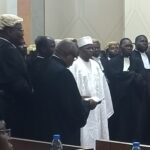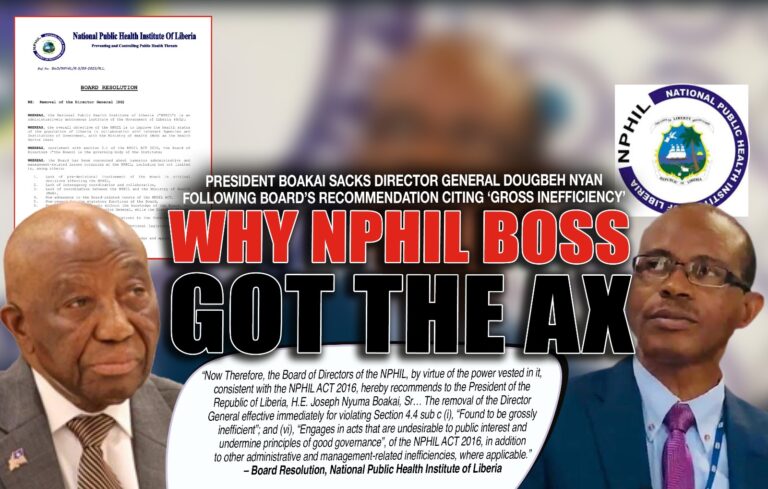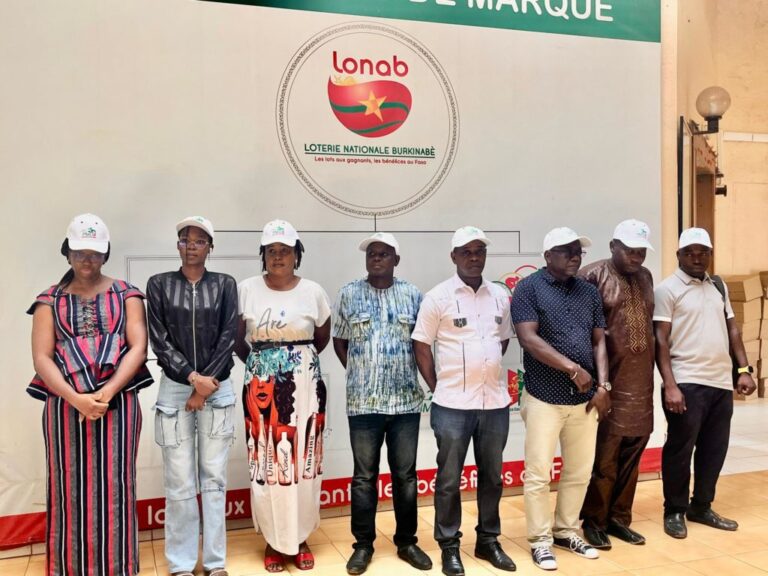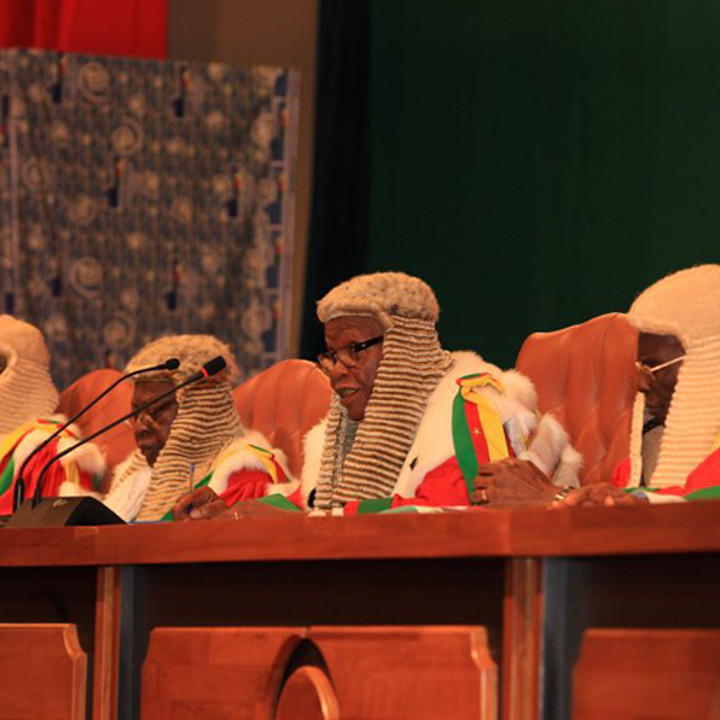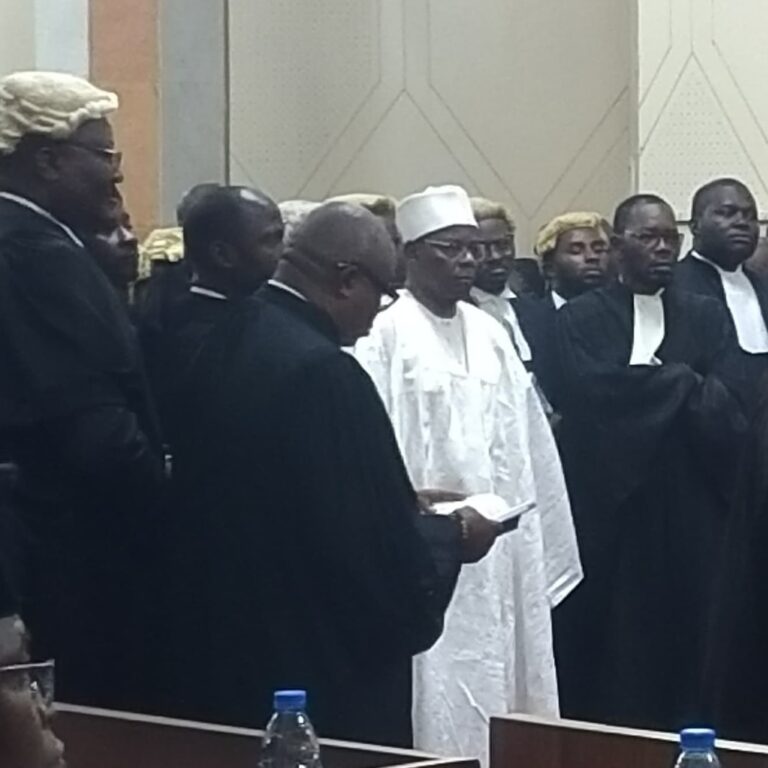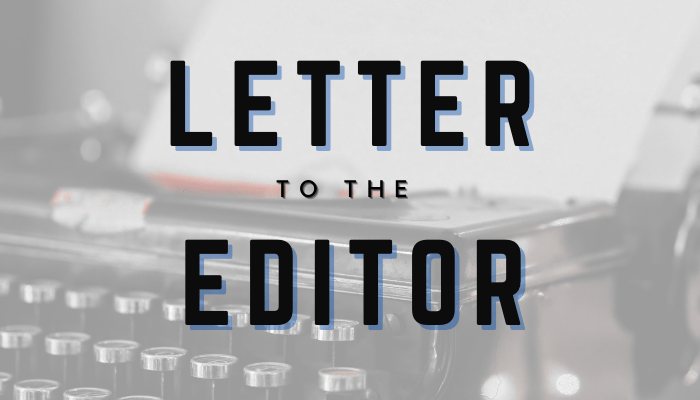
– Advertisement –
At the heart of The Gambia’s crisis of governance lies a central and inconvenient truth: our laws are crafted without logic and enforced without justice. They contradict constitutional principles, offend common sense, and are selectively applied to shield the powerful while crushing the weak. Rather than advancing order, these laws manufacture inequality, corruption, and fear thereby trapping the nation in a permanent state of underdevelopment.
Across the legal framework, from drug laws to the criminal code, from the Public Order Act to the Elections Act, and even within the Anti-Corruption Act, we find provisions that insult reason, violate rights, and betray the very idea of a democratic republic. Worse still, the enforcement of these laws is not only inconsistent but deliberately discriminatory as they are weaponized against the poor while protecting elites.
For example, our approach to cannabis is a glaring example of legal hypocrisy. Poor Gambians – farmers and youths – are arrested, prosecuted, jailed, and even killed for cultivation or possession of cannabis. Entire farms are destroyed by anti-narcotic agents, wiping out livelihoods worth millions of dalasi. Yet the supposed harm of cannabis does not compare to the social violence of these arrests; families broken, youths criminalized, futures destroyed.
– Advertisement –
Meanwhile, the powerful smoke cannabis freely in air-conditioned offices and luxury vehicles and remain untouchable by the law. Across the world, the very same plant is now legalized, regulated, and taxed, generating billions in revenue. Countries have used marijuana reforms to boost agriculture, healthcare, and youth employment. But in The Gambia, we burn opportunity and jail our people because our unreasonable laws protect power, not progress.
On electoral laws: the Constitution guarantees universal adult suffrage, yet the Elections Act denies tens of thousands of citizens the right to vote simply because of their residence. Prisoners are denied the vote. The Gambian diaspora, who fuel our economy with over $750 million in annual remittances are denied a voice in national decision-making. How can a democracy exclude its own citizens? What legitimacy does an election have when it silences the very people who sustain the nation?
In the Criminal Code, it is an offense to insult the parents of public officials. Yet those same public officials can insult, defame, and degrade ordinary citizens without consequence. This is not law; it is legalized inequality. It is an unreasonable and unjust provision that essentially shields public officials from severe public scrutiny. Public office should come with higher responsibility, not extra protection. The idea that public officials are above criticism is the seed of dictatorship.
– Advertisement –
We shout ‘zero tolerance for corruption,’ yet the Anti-Corruption Act allows public officials to not disclose the source of unexplained wealth. When a minister builds a mansion on a salary of D65,000 a month, we are told it is “private”. When a director drives a D4 million SUV, we are told to mind our business. If a market woman accumulates unexplained wealth, she is raided. If an official does the same, he receives a state honor. This is not law. It is organized theft.
The Public Order Act is the single most abused law in the country. When citizens plan a peaceful assembly against corruption, they are forcefully dispersed by the police. But if a group of people embark on a procession on Monday morning for a “Walk for Health”, they move freely, sometimes under police escort. The same law is applied two different ways, not for peace and order, but for political control. When people demand rights, the law becomes a hammer. When people avoid accountability, the law looks away.
A Broken Foundation Since 1965!
Since independence, this country has rested on faulty legal foundations; laws inherited from colonial rule, and laws built to control people instead of serving them. The year 2017 should have been our moment to begin restructuring the republic to reset the legal, institutional, and constitutional architecture of governance. Instead, the political leaders allowed the same broken system to continue; patched but not reformed. The reason is simple: the existing legal framework benefits and protects those in power against the rest.
If we want a just, peaceful, and developed Gambia, then the laws must change, and they must align with human rights, equality, and reason. Institutions must be reformed, and justice and accountability must be guaranteed, not negotiated. Officials must be accountable. No one should be above the law, and all wealth must be justified. Selective enforcement must end because the law must serve the people, not the powerful.
Until we straighten the crooked lines of this republic, the dreams of our national anthem will remain hollow poetry. The soul of a nation is found in its laws. Today, our laws expose not our civility but our injustice.
For The Gambia, Our Homeland
Madi Jobarteh
Kembujeh




